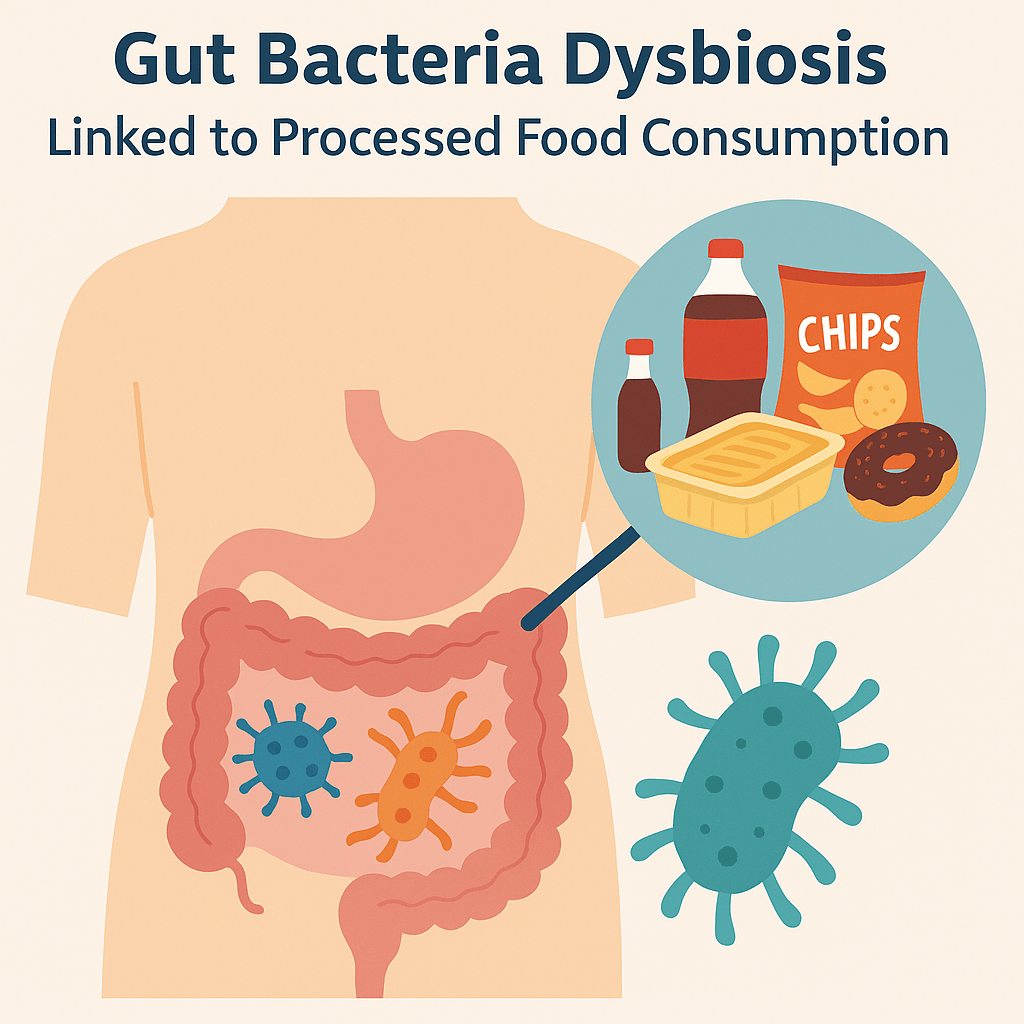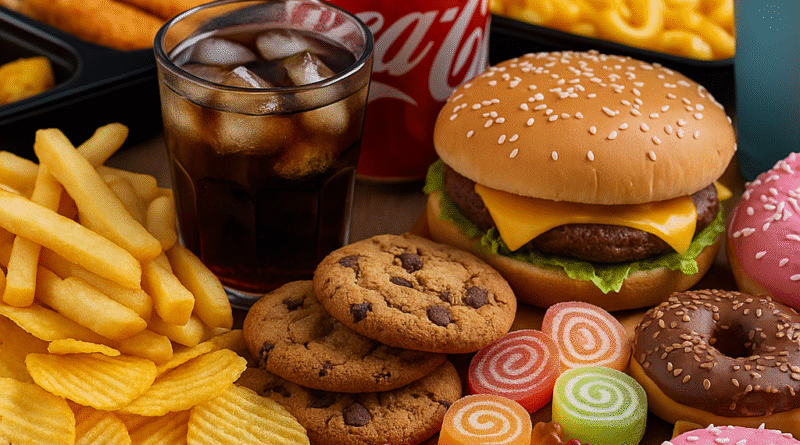Even a Little Ultra-Processed Food May Be Harmful
A new large-scale study has revealed a troubling detail: even small amounts of ultra-processed food may significantly raise the risk of early death. The findings challenge the common belief that moderate consumption is harmless and suggest the threshold for damage may be lower than we thought.

Researchers from the National Cancer Institute analyzed dietary patterns from over 500,000 adults and found that those consuming the highest—but still commonly consumed—amounts of ultra-processed foods (UPFs) faced a 19% increased risk of premature mortality, even after adjusting for exercise, age, weight, and smoking status.
“This isn’t just about obesity or calorie count,” said lead researcher Dr. Erikka Loftfield. “The composition and processing of these foods may pose a unique threat to long-term health.”
What Exactly Are Ultra-Processed Foods?
UPFs are industrial products made mostly of synthetic ingredients and additives, many of which are unrecognizable in home cooking. Common examples include:
- Soda, energy drinks, and sweetened beverages
- Flavored instant oatmeal, boxed cereals
- Chips, crackers, frozen pizza
- Fast food burgers and nuggets
- Processed meats like deli slices and hot dogs

What the Study Uncovered
- Participants with high UPF intake had a 19% higher risk of all-cause mortality
- Mortality risk from cardiovascular diseases and cancers rose the most
- Effects remained consistent across age, gender, and BMI groups
- Even small increases in UPF intake correlated with elevated risk
Why UPFs May Be So Harmful
Emerging science points to several biological pathways that ultra-processed foods disrupt:
- Gut microbiome imbalance caused by emulsifiers and low fiber
- Chronic inflammation triggered by additives and blood sugar spikes
- Hormonal dysregulation of satiety and hunger signals
- Oxidative stress fueled by poor nutrient density and chemical compounds
According to the Harvard T.H. Chan School of Public Health, ultra-processed foods are designed for maximum shelf life and taste, not health, and have been linked to obesity, Type 2 diabetes, and cognitive decline.
The World Health Organization includes processed food reduction in its dietary guidelines, warning of significant links to chronic illness and early mortality.
What You Can Do Today
You don’t need to overhaul your diet overnight. Researchers suggest these simple swaps:
| Instead of... | Try... |
|---|---|
| Flavored instant oats | Rolled oats with berries and cinnamon |
| Snack bars and chips | Nuts, fruit, or roasted chickpeas |
| Soda and sweetened tea | Herbal tea or sparkling water |
| Packaged frozen meals | Leftovers or batch-cooked whole foods |
Related: Blueberries and brain health—what the research shows
Final Thought
We already know processed foods aren't ideal, but this study reframes the issue. Even moderate, habitual consumption of ultra-processed foods may carry risks we've underestimated. Replacing them with whole, nutrient-dense options isn't just trendy, it might literally add years to your life.
Sources:
J.D. Wilson is an Integrative Health Specialist, Certified Meditation Teacher, and author of The Comfort Trap: The Quiet Cost of an Unchallenged Life. He founded Fitsnip.com to translate complex research into practical systems for longevity and mental clarity.
About: https://fitsnip.com/about


